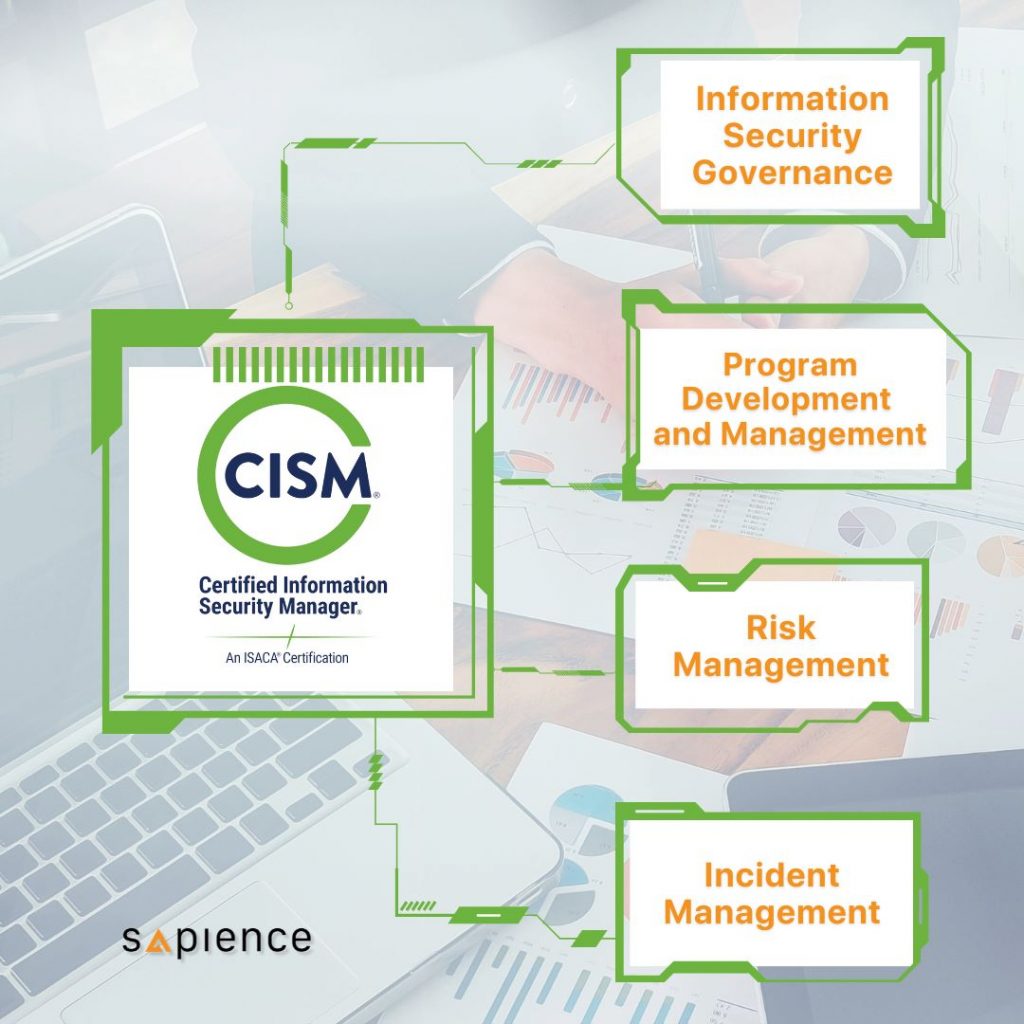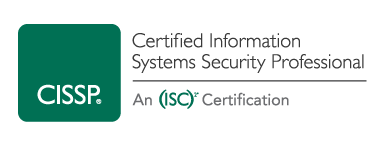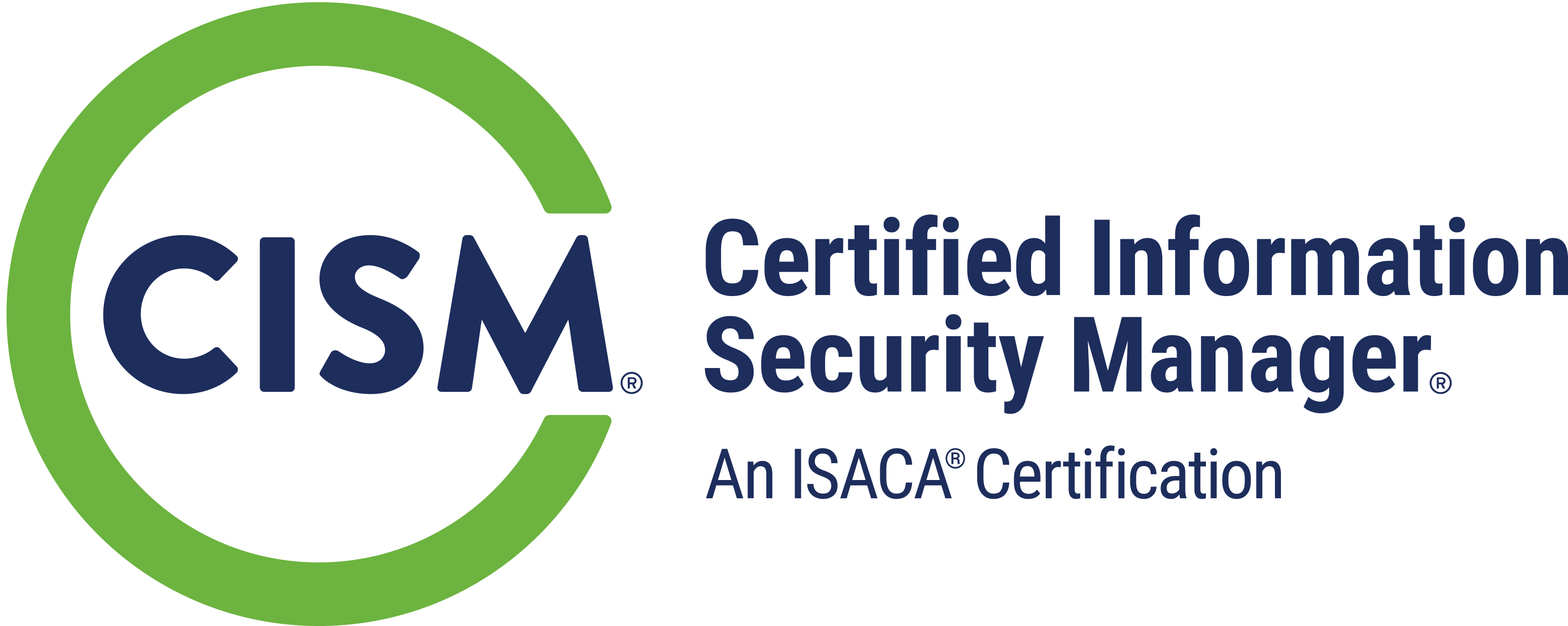“So is CISSP or CISM better?”
I looked at my student, trying to understand what he meant. Better in what sense? Is one superior to the other? Both certifications are like two different mountains peak to conquer, even though they exist in the same area. When considering and comparing cybersecurity certifications at a mid to senior level, these two certifications often come to mind. Do a quick Google search, and you’ll inevitably find the Certified Information Systems Security Professional (CISSP) or Certified Information Security Manager (CISM) certifications listed among the top choices. But are they just variations of the same thing, or is there more to it than meets the eye? More importantly, how can they benefit you and your career?
Benefits of CISSP
1. Comprehensive Knowledge
CISSP covers a broad range of topics within the field of information security. The domains include security and risk management, asset security, security engineering, communications and network security, identity and access management, security assessment and testing, security operations, and software development security. Obtaining CISSP certification demonstrates a deep understanding of these areas.
2. Industry Recognition
CISSP is globally recognised as one of the most esteemed certifications in the field of information security. It is widely acknowledged and valued by employers, industry professionals, and government agencies. Adding CISSP to your resume can significantly enhance your professional credibility and open up new career opportunities.
3. Career Advancement
CISSP is often a prerequisite for many high-level positions in IT security, such as security consultant, security manager, IT auditor, security architect, and chief information security officer (CISO). Achieving CISSP certification can open doors to senior and leadership roles, leading to better job prospects and higher salary potential.
4. Membership in a Professional Network
CISSP certification grants you membership in the International Information System Security
Certification Consortium (ISC)². This membership provides access to a vast network of professionals in the field. You can connect with experts, share knowledge, and stay updated on the latest industry trends.

Benefits of CISM
1. Focus on Information Security Management
CISM is specifically designed for professionals involved in managing and overseeing information security programmes. It emphasises skills related to information security governance, risk management, programme development and management, and incident management. By obtaining CISM certification, you demonstrate your expertise in these areas.
2. Alignment with Business Objectives
CISM places emphasis on aligning information security strategies with overall business objectives. It equips you with the skills to develop and implement security programmes that address business risks and support organisational goals. This focus on business

relevance enhances your ability to contribute to the strategic decision-making process.
3. Career Opportunities
CISM certification is highly regarded by employers, particularly those seeking professionals capable of managing and directing information security initiatives. Holding a CISM certification can qualify you for various positions, including information security manager, security consultant, IT auditor, risk manager, and compliance officer.
4. Peer Network
By becoming a CISM-certified professional, you gain access to a global community of information security managers and professionals through ISACA (Information Systems Audit and Control Association). Engaging with this community provides opportunities for networking, knowledge sharing, and professional growth.
Both CISSP and CISM certifications have distinct advantages, and the choice depends on your career goals and the specific area of IT security you wish to specialise in. CISSP offers a broad foundation of knowledge across various domains, while CISM focuses on management and governance aspects. Consider your career aspirations and the skills you want to develop to make an informed decision.
Differences between CISSP and CISM
While both certifications are globally recognised and demonstrate expertise in information security, they differ in focus and target audience. Here’s a
breakdown of their differences:
1. Focus:
CISSP certification focuses on a broad range of knowledge areas within information security. It
covers various domains such as security and risk management, asset security, security engineering, communication and network security, identity and access management, security assessment and testing, security operations, and software development security.

CISM certification, on the other hand, concentrates specifically on information security management. It emphasises the strategic management and governance aspects of information security, including information risk management, information security programme development and management, incident management, and governance and compliance.
2. Target Audience:
CISSP is generally suited for professionals who have experience and expertise in a wide range of information security domains. This includes security consultants, security managers, IT auditors, network architects, and other professionals responsible for designing and managing an organisation’s security infrastructure.
CISM is designed for professionals involved in managing an enterprise’s information security, such as information security managers, IT directors, IT governance officers, risk managers, and compliance professionals.
3. Coverage:
CISSP covers a broader scope of information security topics and is often considered more technical in nature. It delves into areas such as cryptography, access control systems, network security protocols, security architecture, and software development security.
CISM places more emphasis on the management and governance aspects of information security. It covers topics like information security governance, risk management, incident management, programme development and management, and regulatory compliance.

Conclusion:
When choosing between CISSP and CISM, consider your career goals and the specific area of IT security you want to specialise in. CISSP offers a comprehensive foundation of knowledge across various domains, while CISM focuses on management and governance. If you prefer a more technically inclined certification, CISSP may be the better choice. On the other hand, if you’re interested in a cybersecurity certification with a managerial focus, CISM might be more suitable. Both certifications require approximately 5 years of relevant work experience before they can be granted.
Remember, neither certification is a wrong choice for enhancing your cybersecurity career. CISSP holds a slight edge in terms of popularity, but both certifications are highly respected in the industry. Interestingly enough, taking a course for either certification is deemed a valid way to clock in CPE credit hours for the other, and there is mutual recognition of a one-year exemption where it comes
to work experience exemptions when applying for certification.
At Sapience Consulting, we are both an (ISC)² Official Training Partner and an ISACA Elite Training Partner, which means that you will have access to official training materials from accredited trainers for both CISSP and CISM courses. Whether you choose CISSP, CISM, or both, we can guide you on your journey. Sign up for your CISSP and/or CISM course with us today!

Learn more about the two leading certifications with these available courses today!














